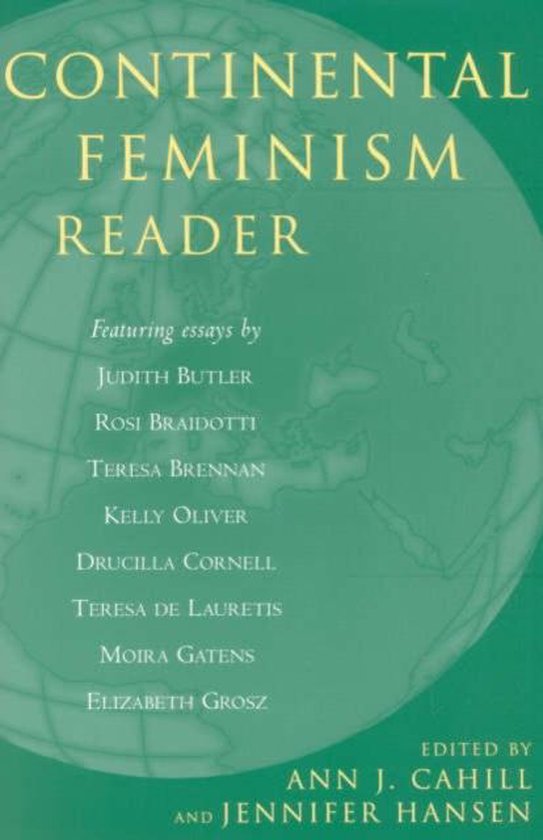If you like reading about philosophy, here’s a free, weekly newsletter with articles just like this one: Send it to me!
As one of the most influential philosophers of the early modern period, René Descartes’ Meditations on First Philosophy has become a cornerstone of Western philosophical thought. In this beginner’s guide, we will explore the key concepts and arguments of Descartes’ Meditations, including his method of doubt, the Evil Demon argument and the Wax Example.
We will also examine the significance of Descartes’ contribution to rationalism and his impact on early modern philosophy. Finally, we will address some common criticisms of Descartes’ work and talk about why his Meditations are still relevant today.
Descartes and the Meditations
René Descartes was a French philosopher, mathematician, and scientist who lived in the 17th century. He is widely regarded as the father of modern Western philosophy due to his contributions to the field of epistemology, which is the study of how we acquire knowledge about the world. Descartes’ Meditations on First Philosophy, published in 1641, is a series of six philosophical meditations in which he attempts to establish a foundation for knowledge that is certain and that cannot be doubted.

The Meditations are called “on First Philosophy” because they aim to examine what comes “first,” before all other knowledge about the world. Before we can perform any science, any observations, or create any theories, we must first be certain about what we can know and what we cannot know, and how trustworthy our sources of knowledge about the world are. This is what “first philosophy” is about. Aristotle had used the same words to describe his own study of what “being” and “existence” mean, and the word is often used in philosophy to describe metaphysics, the study of the very basic questions that are beyond physical knowledge.
The Meditations are written in the first person and take the form of a personal journey of doubt and reflection. Descartes begins by questioning the reliability of his senses and the certainty of his beliefs.
He ultimately arrives at the conclusion that the only thing he can be certain of is his own existence. Because if one didn’t exist, how could one think and arrive at any conclusions? So the fact that …
Read the full article which is published on Daily Philosophy (external link)





